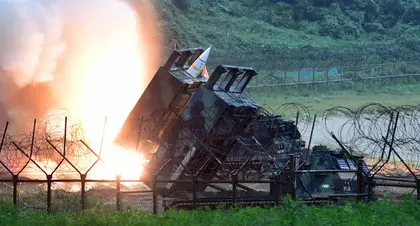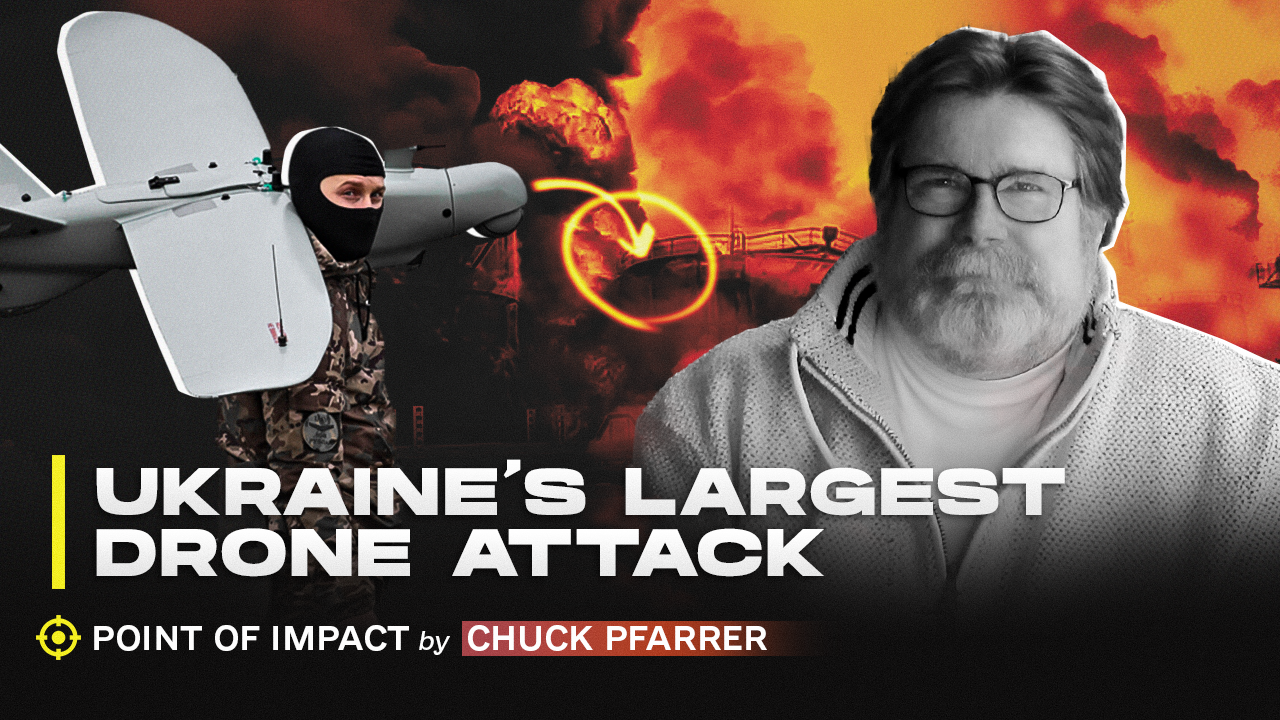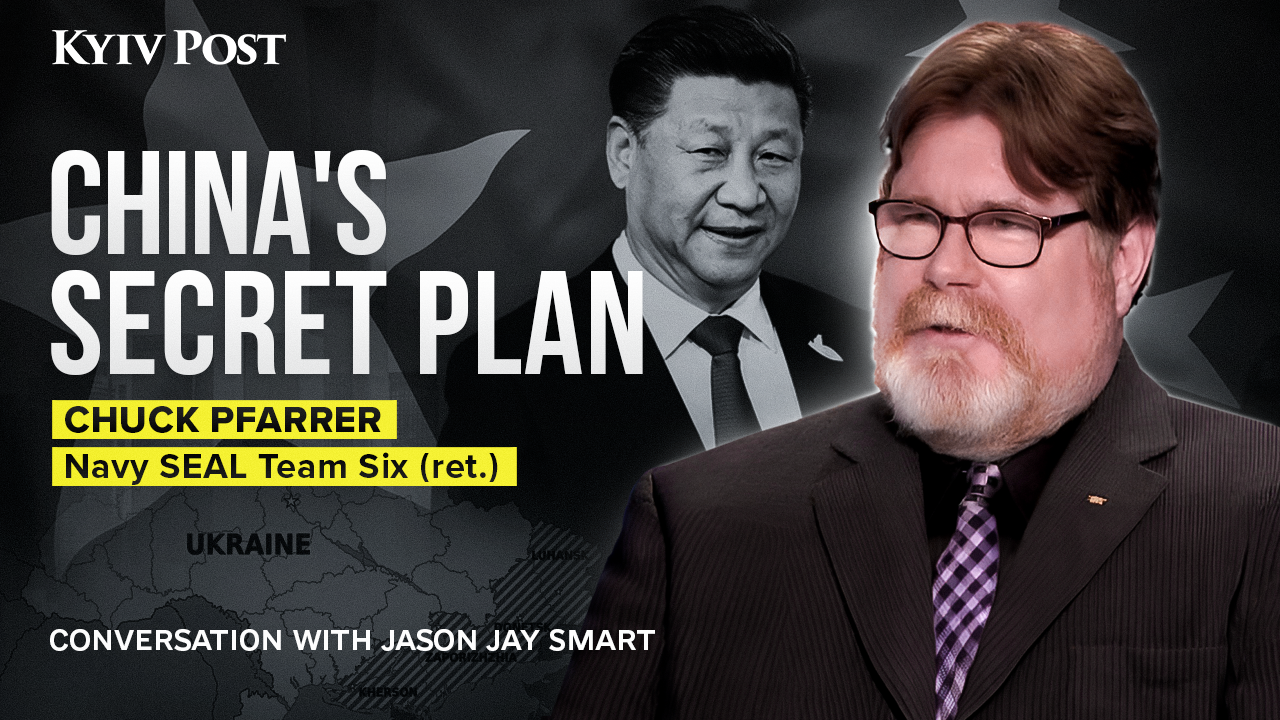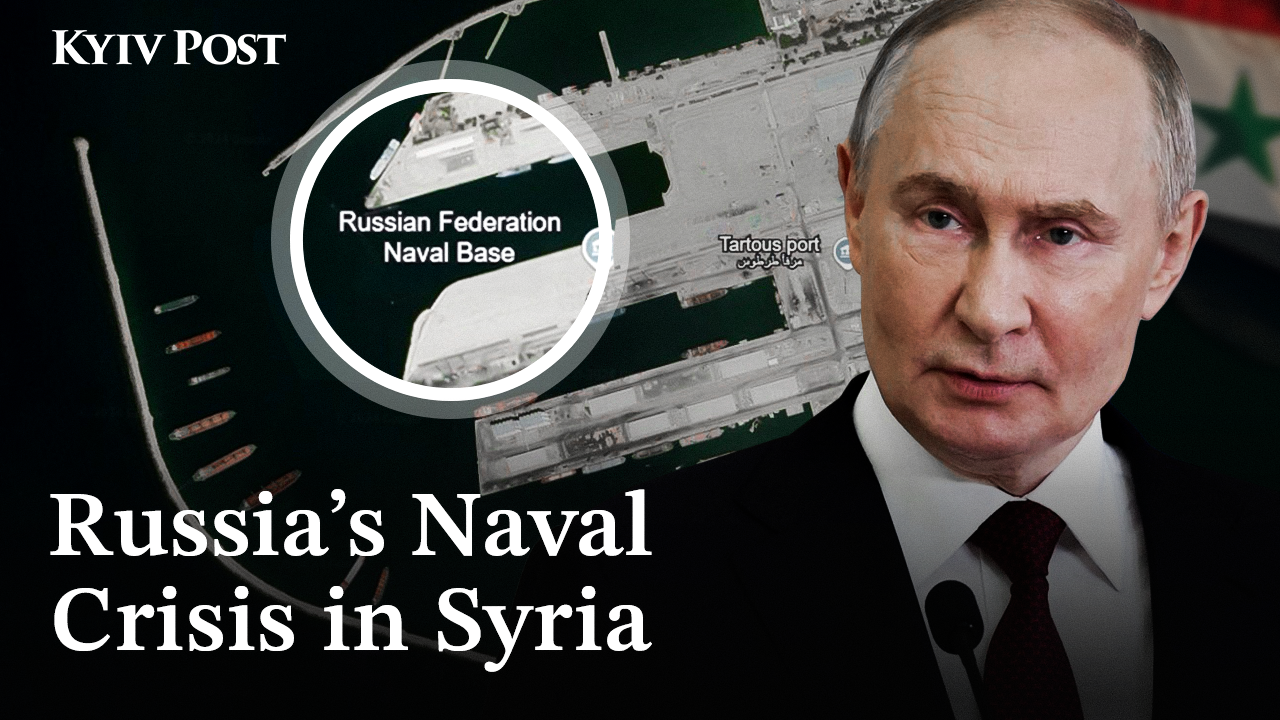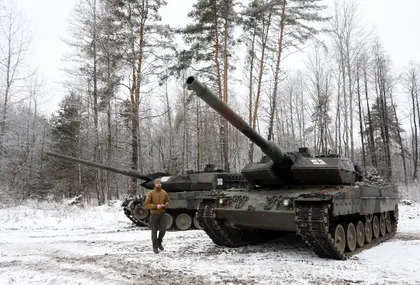The US Director of National Intelligence, Avril Haines, predicted on Thursday that the war in Ukraine is unlikely to end any time soon, as Russian President Vladimir Putin has been encouraged by recent successes on the battlefield, by his own perceived demoralization of the Ukrainian population, and by the results of his domestic messaging and censoring of opponents of the invasion back home.
“Putin’s increasingly aggressive tactics against Ukraine, such as strikes on Ukraine’s electricity infrastructure, are intended to impress Ukraine that continuing to fight will only increase the damage to Ukraine and offer no plausible path to victory,” said Avril Haines.
JOIN US ON TELEGRAM
Follow our coverage of the war on the @Kyivpost_official.
“These aggressive tactics are likely to continue, and the war is unlikely to end anytime soon,” she said.
From 2013-2015, Haines was the Deputy Director of the Central Intelligence Agency, and later led the National Security Council’s Deputies Committee, during the Obama administration. She was sworn in as Director of National Intelligence shortly after President Joe Biden was inaugurated in January 2021.
NATO angered over Russia’s malicious actions that cause a “threat to allied security”
NATO claimed on Thursday that recent Russian “malign activity” threatened the security of its allied nations. These activities included sabotage, disinformation, violent acts and cyberattacks, prompting NATO to “express their deep concern over Russia’s hybrid actions, which constitute a threat to allied security,” a statement from the Alliance’s headquarters read.

ISW Russian Offensive Campaign Assessment, January 30, 2025
According to Agence France Presse, authorities in the Czech Republic, Estonia, Germany, Latvia, Lithuania, Poland and Britain have recently charged people in connection with “hostile state activity,” which suggests Moscow’s interference.
These incidents included last month’s charging of a young British man with “masterminding an arson plot against a Ukrainian-linked target in London,” the AFP reported, which the Kremlin’s ambassador Andrey Kelin dismissed such claims as “absurd” and “unfounded.”
In that same time frame, Czech officials uncovered what they claimed was a Moscow-backed organization to infiltrate the European Parliament and other member state institutions to advance Russian policy initiatives.
“We will continue to boost our resilience and to apply and enhance the tools at our disposal to counter and contest Russian hybrid actions and will ensure that the Alliance and Allies are prepared to deter and defend against hybrid actions or attacks,” the statement reads.
“We condemn Russia’s behavior, and we call on Russia to uphold its international obligations, as Allies do theirs. Russia’s actions will not deter Allies from continuing to support Ukraine.”
#NATO is deeply concerned by an intensifying campaign of Russian hybrid activities, including on Alliance territory. These actions will not deter us from supporting #Ukraine. Read the statement:https://t.co/KbBx6tNwim
— Jens Stoltenberg (@jensstoltenberg) May 2, 2024
Georgians protest against muzzling of dissent against Russia’s invasion
Thousands of free-speech advocates in the Republic of Georgia took to the streets in Tbilisi this week to rail against new legislation that would force any media outlet or other organization receiving foreign revenues to register as an “organization pursuing the interests of a foreign power.”
Masses of protesters convened in a couple of the city’s major squares, shouting “No to Russia” and complaining of their “puppet” government’s capitulation to the Kremlin, Agence France Presse reported on the scene.
“We are all together to show the Kremlin’s puppets that we will not accept the government that goes against the Georgian people’s wishes,” Giorgi Loladze, 27, from Kutaisi, Georgia’s third-largest city, told an AFP reporter on the scene.
Many Russian journalists, bloggers and other citizens have been jailed for voicing dissenting opinions about Moscow’s invasion of Ukraine, now in its third year. The Kremlin-friendly majority in Georgia’s legislature, since the beginning of April, has been promoting a similar agenda in the Caucasus mountain republic, which borders Russia and is being considered for NATO membership.
Western governments and organizations have spoken out against the legislation, with the UN human rights chief expressing worries over the police crackdown on protesters.
Yermak says Ukraine finds it “very important” to get China to peace talks in Switzerland
President Volodymyr Zelensky’s chief of staff, Andriy Yermak, said in a television interview on Thursday that the president’s office is “doing everything” it can to ensure that Beijing will send envoys to the world peace summit slated for mid-June by the shores of Lake Lucerne, Switzerland.
Russia has not been invited.
“Russia will not be at the peace summit in Switzerland, and this is our principled position. With respect to China, we are doing everything for China to be present there. China is very important, and consultations are continuously ongoing at various levels with the participation of our partners. We will do everything to ensure that China is present,” Yermak told a Ukrainian television interviewer.
“We will continue this work 24/7. This is very important to us,” he said.
In a social media post, Zelensky said, “We must all recognize that only global strength can force Russia to make peace. And that is why we are working to involve as many countries as possible in the Peace Summit in Switzerland, as well as relevant communication.”
We must all recognize that only global strength can force Russia to make peace. And that is why we are working to involve as many countries as possible in the Peace Summit in Switzerland, as well as relevant communication.
— Volodymyr Zelenskyy / Володимир Зеленський (@ZelenskyyUa) May 2, 2024
We must all recognize that Putin will attempt to thwart… pic.twitter.com/Mt86Bl7RGG
Russian forces amass in border areas as Ukraine launches ATACMs behind enemy lines
Quoting a Ukrainian military observer, the Institute for the Study of War reported that Moscow’s Northern Grouping of Forces has deployed “no fewer than 50,000 Russian personnel to its area of responsibility in Kursk, Bryansk, and Belgorod oblast border areas.”
The prolific blogger, Kostyantyn Mashovets, said that the Russian 44th Army Corps has contributed up to 3,700 Russian personnel “and will deploy elements of the 44th Army Corps to Kursk [region], including elements of the likely reformed 128th Motorized Rifle Brigade, 30th Motorized Rifle Regiment… and the 197th Separate Control Battalion.”
Meanwhile, the Armed Forces of Ukraine (AFU) have reportedly attacked a Russian military training ground about 80 km behind the frontlines in the occupied Luhansk Oblast. Geolocated footage shows that the attacks hit a group of forces in Mozhnyakivka, “likely with four [US-provided] ATACM [missiles] and reportedly killed 116 Russian personnel,” the ISW reported.
GeoConfirmed UKR.
— GeoConfirmed (@GeoConfirmed) May 1, 2024
Ukrainian ATACMS strike, with 4 ATACMS, including one dud, hitting a Russian training area in Mozhnyakivka, Luhansk Oblast. Based on the footage the losses will be significant. 80km behind the front line.
Rohove, Luhansk Oblast, Ukraine
3:51 - 49.641,… https://t.co/KoMZTj3czp
Луганская обл., наши дни, прилёт 3х кассетных ATACMS по рашистскому полигону, результат не совсем ясен, ждём отзывы клиентовhttps://t.co/PAOWrxkcCR #RussianUkrainianWar pic.twitter.com/cBikmAWHdr
— Necro Mancer (@666_mancer) May 1, 2024
ru worms chat confirmed, straight between the eyes pic.twitter.com/LirzR70UD5
— IgorGirkin (@GirkinGirkin) May 1, 2024
You can also highlight the text and press Ctrl + Enter


